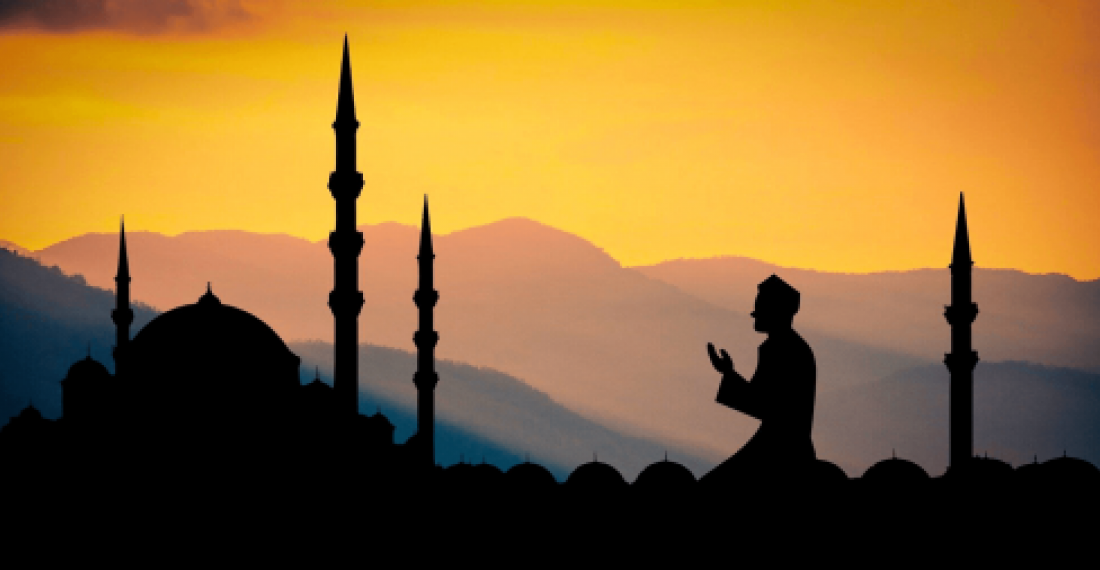Millions of Muslims throughout the world on Sunday (24 May) are celebrating the feast of Eid el Fitr, marking the end of the Islamic holy month of Ramadan.
The celebration, which usually involves friends and relatives getting together for a traditional meal, this year is being marked differently, with many in a state of lockdown because of the coronavirus pandemic.
The end of Ramadan usually is also marked by believers going to mosques for prayer. This year many stayed away because of the coronavirus pandemic.
Images from around the world show a very different approach taken by worshipers to social distancing rules.
In Mecca, only a small group of worshipers were allowed in to pray in front of the Kaaba at the Grand Mosque, with layout respecting social distancing rules.

Similar scenes could be seen in other Mosques where prayers were allowed, in as far away places as East Java in Indonesia.

In Sharjah in the United Arab Emirates, some families prayed at home.

However, other pictures in other locations, wuch as in Aceh in Indonesia, show worshsipers completely ignoring asocial distancing rules.

Enforcing rules on religious believers during the pandemic has been difficult in many socities and countries. In Islam, the effort is helped by the fact that in the Koran and the Hadith there are several references to outbreaks of disease and the need to act properly in those circumstances.
The editorial board of commonspace.eu wishes Eid Mubarak to our Muslim readers in the Caucasus, Turkey, the Middle East, Europe and beyond.
source: commonspace.eu with agencies
photos courtesy of AFP and Gulf News.






